Before 2015, the Gulf Cooperation Council countries believed that their economic presence in Africa in general and in the Horn of Africa countries in particular was superior to their political presence. This was due to several factors, the most important of which were: the political instability of some African countries, and the emergence of a negative, false and unfair image in the Gulf mind about African countries, which hindered Gulf political work in the African arena. Although Gulf policy had succeeded to some extent in launching some investment projects in Africa in general and the Horn of Africa countries, which helped in partially reviving those countries economically, the Gulf Cooperation Council countries did not employ those investments in a way that served their political interests until they found themselves on the military confrontation line with Tehran in the south of the Arabian Peninsula (the Republic of Yemen).
The book Gulf-African Relations – A Future Vision for the Twenty-First Century came at the most critical and dangerous stage experienced by the Gulf Cooperation Council countries since their modern establishment until today. The impact of Gulf-Gulf relations has been reflected in the course of Gulf-African relations, which has contributed precisely to the rise of the wave of Gulf competition over Africa, which has reached unprecedented levels among its members. This competition has lost its meaning and has become today more like an existential conflict that has mortally struck the people of the Arabian Gulf before their Gulf system, after the African continent has turned into an arena for settling scores between the Gulf Cooperation Council countries.

